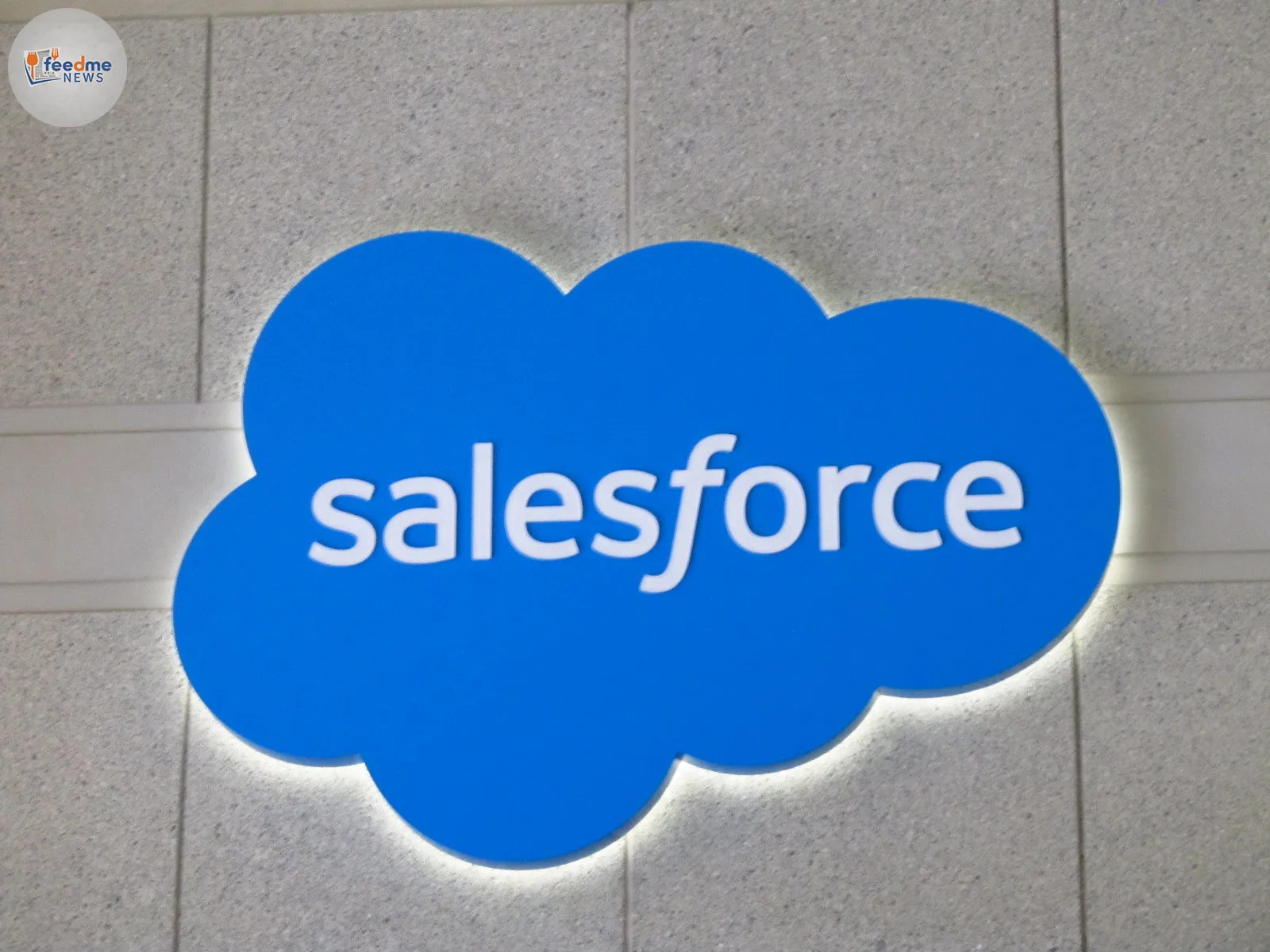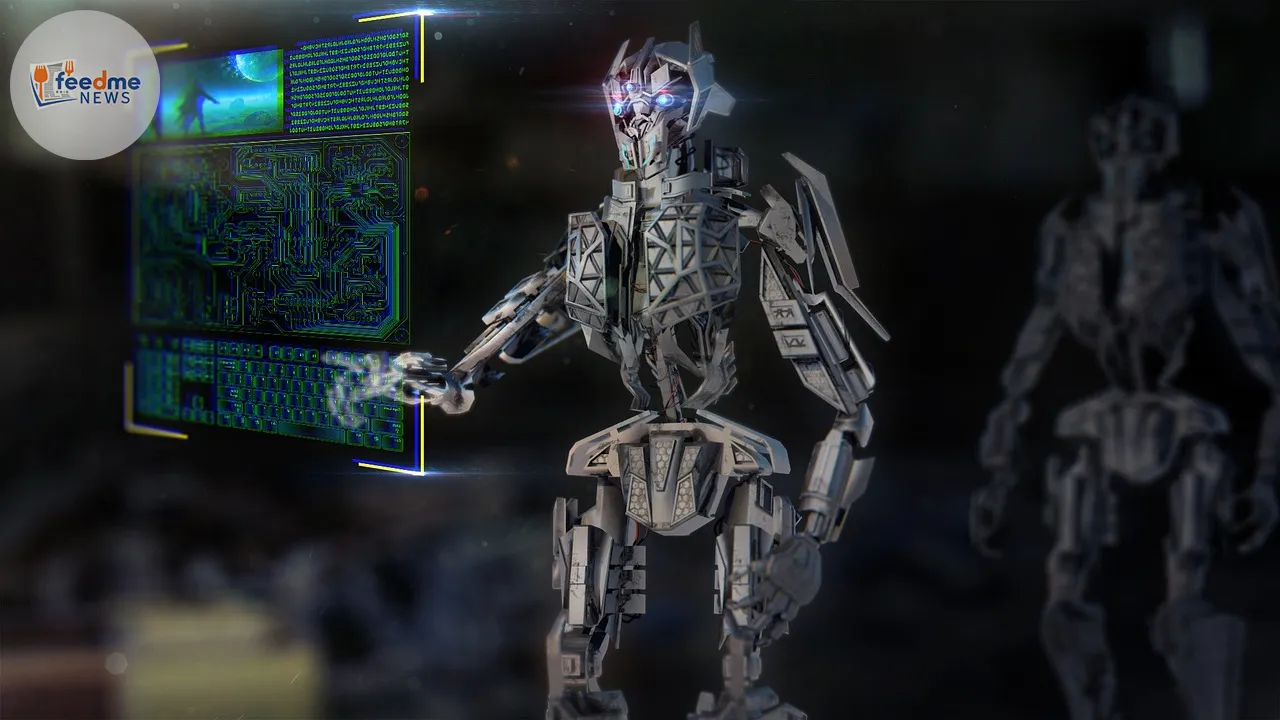In a revealing interview with Bloomberg, Salesforce CEO Marc Benioff stated that artificial intelligence (AI) now handles a significant portion of the workload at the company, accounting for 30% to 50% of tasks. Benioff emphasised that this shift allows employees to focus on higher-value work, thus enhancing productivity and innovation. His comments have sparked discussions about the evolving role of AI in the corporate world and its implications for the future of work.
The interview, conducted on “The Circuit with Emily Chang,” sheds light on the increasing reliance on AI within Salesforce. Benioff’s insights highlight a broader trend in the tech industry, where AI is being utilised to streamline operations and improve efficiency. This development raises questions about the balance between human labour and machine intelligence in the workplace.

AI’s Role in Salesforce’s Operations
Salesforce, a leader in cloud-based software, has integrated AI into various facets of its operations. Benioff explained that AI assists in tasks ranging from customer service to data analysis, allowing employees to dedicate more time to strategic initiatives. “AI is doing 30% to 50% of the work at Salesforce,” Benioff stated, underscoring the technology’s pivotal role in the company’s daily operations.
The integration of AI has enabled Salesforce to enhance its service offerings and improve customer satisfaction. By automating routine tasks, the company can allocate resources to more complex problem-solving and innovative projects. This shift not only boosts efficiency but also fosters a culture of continuous improvement and adaptation to technological advancements.
Implications for the Workforce
The adoption of AI at Salesforce reflects a broader trend across industries, where automation is reshaping the workforce landscape. Benioff’s remarks have sparked debate about the future of jobs and the skills required in an AI-driven economy. While AI offers opportunities for increased productivity, it also raises concerns about job displacement and the need for reskilling.
Experts suggest that as AI takes over repetitive tasks, employees will need to develop new skills to remain competitive in the job market. “The future workforce will need to be more adaptable and tech-savvy,” said Dr. Sarah Collins, a labour economist. Collins emphasised the importance of continuous learning and upskilling to meet the demands of an evolving workplace.
Balancing AI and Human Innovation
While AI plays a crucial role in enhancing efficiency, Benioff stressed the importance of maintaining a balance between machine intelligence and human creativity. He noted that AI should complement human efforts rather than replace them, allowing employees to focus on areas where they can add the most value.
Salesforce’s approach to AI highlights the potential for technology to drive innovation while preserving the human element. By leveraging AI to handle routine tasks, the company empowers its workforce to pursue creative solutions and strategic initiatives. This balance is essential for fostering a dynamic and forward-thinking organisational culture.
The Future of AI in Business
As AI continues to transform the business landscape, companies must navigate the challenges and opportunities it presents. Benioff’s comments underscore the need for organisations to adopt a strategic approach to AI integration, ensuring that technology enhances rather than hinders human capabilities.
Looking ahead, the role of AI in business will likely expand, with more companies exploring its potential to drive growth and innovation. As this trend unfolds, businesses must remain vigilant in addressing the ethical and practical implications of AI, ensuring a harmonious balance between technology and human ingenuity.
In conclusion, Marc Benioff’s insights into AI’s role at Salesforce offer a glimpse into the future of work, where technology and human creativity coexist to drive progress. As AI continues to shape the corporate world, companies must embrace change and prepare their workforce for the challenges and opportunities that lie ahead. This evolution promises to redefine the workplace, paving the way for a new era of innovation and productivity.






